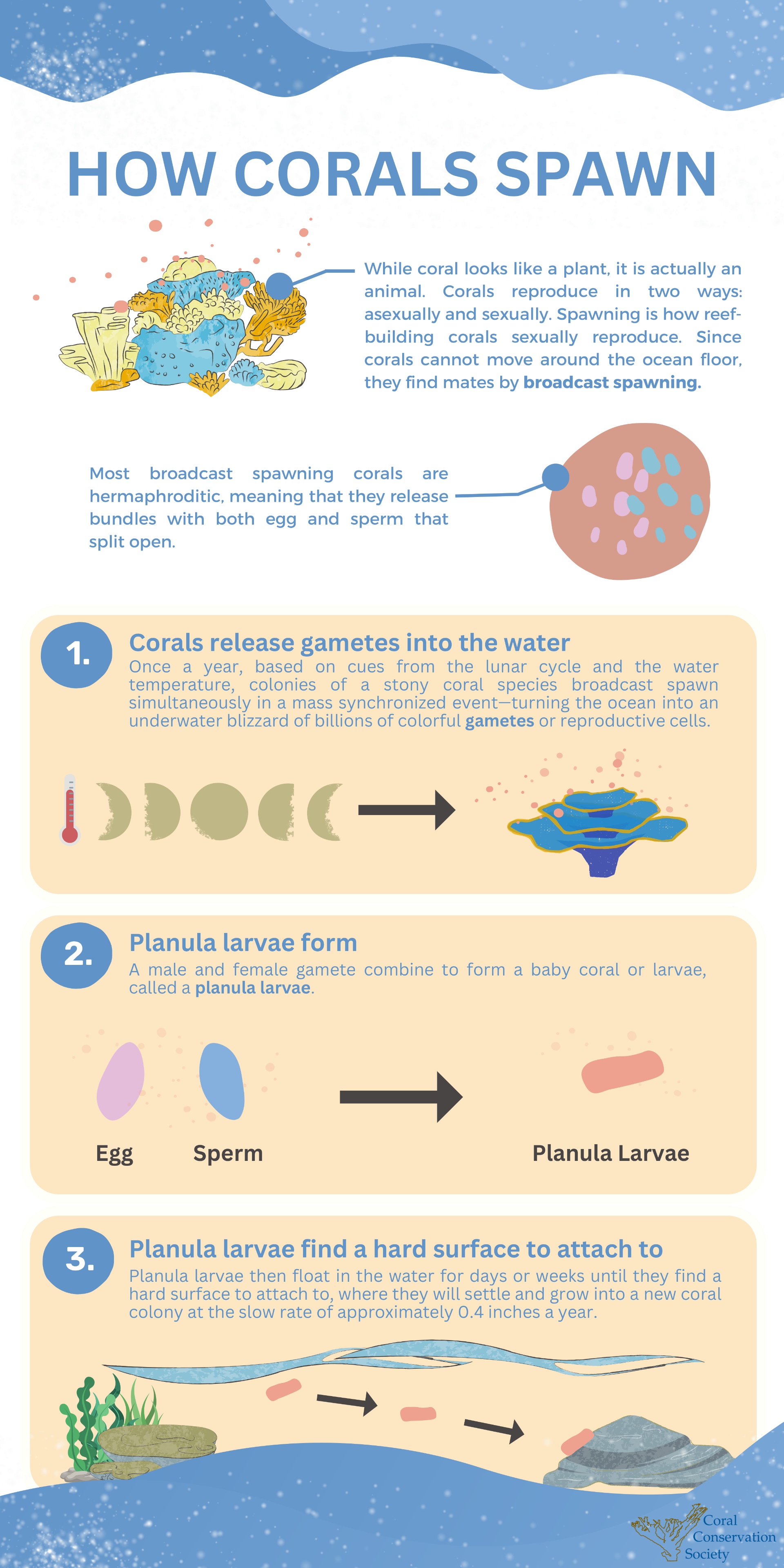Coral Observer
Log in / Sign upCoral Observer is a progressive web app designed to automate data entry and support the centralised Caribbean Coral Spawning Database. Use Coral Observer to enter your coral spawning observations and join a network of scientists working together to document Caribbean-wide coral reproduction patterns and trends.



Why participate?
By registering on Coral Observer, you will become part of our online community of coral reproduction enthusiasts and receive updates on Caribbean-wide spawning reports.
Coral Observer is a first-of-its-kind app, designed to streamline region-wide biological data collection.
Your coral spawning data will contribute to a regional database, facilitating data analysis to understand patterns and trends.
Uploaded data will be stored on AGRRA's secure web server and you download your dataset as a 'csv' file to add to your own repository.
By uploading your data on the Coral Observer app, you agree to its incorporation into the Caribbean Coral Spawning Database and for it to be displayed on open-access, interactive live maps and data visualization tools provided by AGRRA.
We protect your data by only allowing other Coral Observer users to explore overall patterns of coral spawning activity, without access to raw data.
Coral Observer was built by volunteer coral enthusiasts. Coral Observer is free to use, and always will be!
Who can submit data?
Anyone who has monitored coral spawning in the Caribbean!
Coral spawning observations can be conducted using snorkel or scuba, or even on dry land in ex-situ tanks. You can collaborate with local scientists and experts. If you need additional guidance or contact information of people working in our area, please get in touch.
To make a spawning observation on Coral Observer, you will need to record the following data points:
Location:
- Country or territory
- Reef Site
- Area details (depth, approximate area monitored)
The observation:
- Date
- Species monitored and number colonies
- Start and end time of monitoring
- Timing and occurrence or absence of spawning
Get started
To make a spawning observation on Coral Observer, you will first need to register by providing your name, affiliation (e.g., academic institute, research organisation, or dive centre), location, and contact information.
Click on the link or copy and paste https://app.coralobserver.com into your browser.
Support the cause
Coral Observer was developed by volunteers with the aim of designing a web app that would streamline data collection, foster collaborative research, and advance coral reproduction science. It is our hope that Coral Observer will broaden access and increase participation by citizen scientists, volunteers and conservationists. You can read more about the Coral Observer story here.
FAQ
How does Coral Observer work?
Coral Observer can be accessed from any device that has internet access. It can be used online or downloaded. As a progressive web app, it does not require anywhere near as much space or memory on your phone as a native app, and it won't drain your battery either.
Where does the data go?
The data is stored in a searchable database on our secure web server. You can export your own data at any time.
How to cite the app?
Mallon J, Leigh R (2021) Coral Observer: A progressive web application for ecological data collection, www.coralobserver.com, date accessed
When to observe?
This platform was inspired by and designed to support the decades of research by dedicated scientists, technicians, and volunteers who have tirelessly observed coral spawning to build knowledge on the spawning times and frequency in the Caribbean. Their work has been compiled into useful calendars for estimating when to conduct your coral spawning observation. Check out the links below:
- CORALIUM calendario predicciones para el Caribe Mexicano 2024
- CORALIUM predicitons calender for the Mexican Caribbean 2024
- CARMABI predictions for the Southern Caribbean 2024
How will your data be used?
Data entered to Coral Observer will be integrated into the Caribbean Coral Spawning Database along with data entries from many other observers across the region.
Your data will be displayed into open-access, interactive live maps and data visualization tools provided by the Atlantic and Gulf Rapid Reef Assessment (AGRRA).
Your data will not be available to others as a raw file without your explicit written consent, including information on how to appropriately cite it.
Your data or parts thereof may be analyzed for potential use in scientific publications, but only after reception of your explicit written consent. Any resulting product would require your approval of content and your inclusion as a co-author.
Resources
To learn more about coral spawning, check out the links below:
-
Coral Breeding Reference Sheets
- SECORE International – Educational materials (coming soon)
-
Coral Restoration Consortium Larval Propagation Working Group
-
Reef Resilience Network
-
Coral Spawning Research Facebook page
Thank-you to the Coral Conservation Society for creating this short video and infographic on coral spawning.
